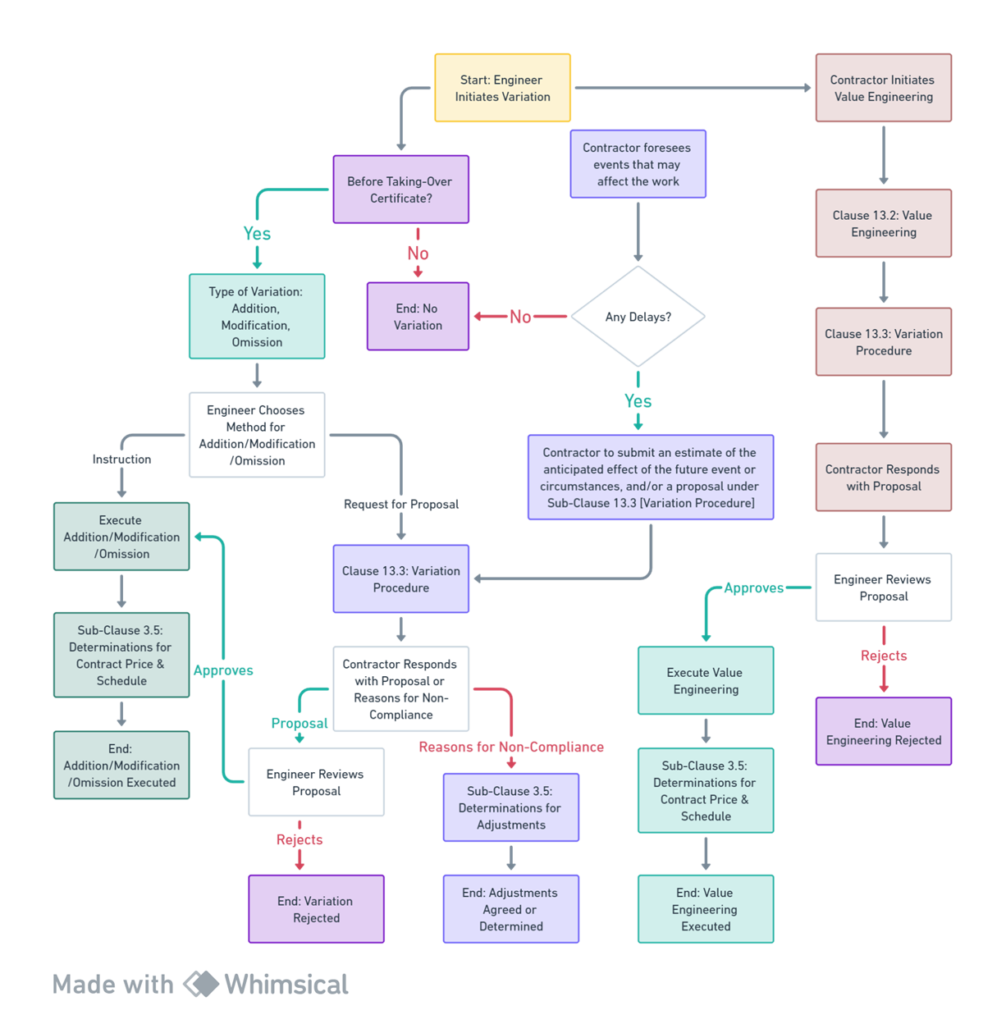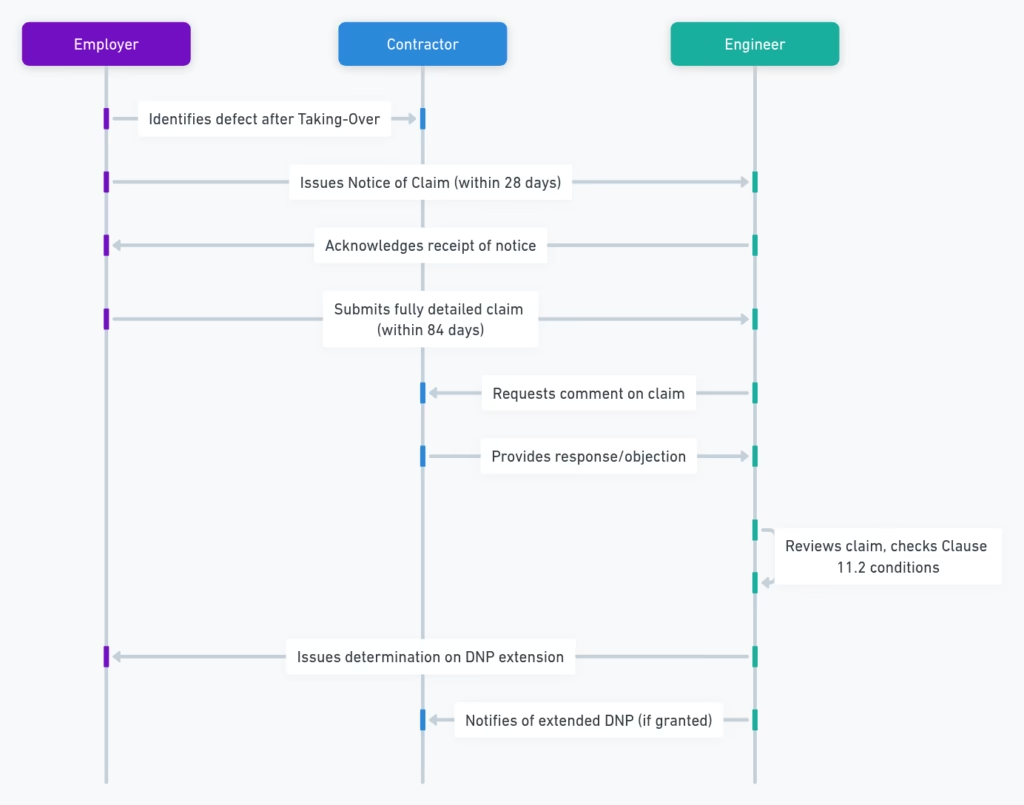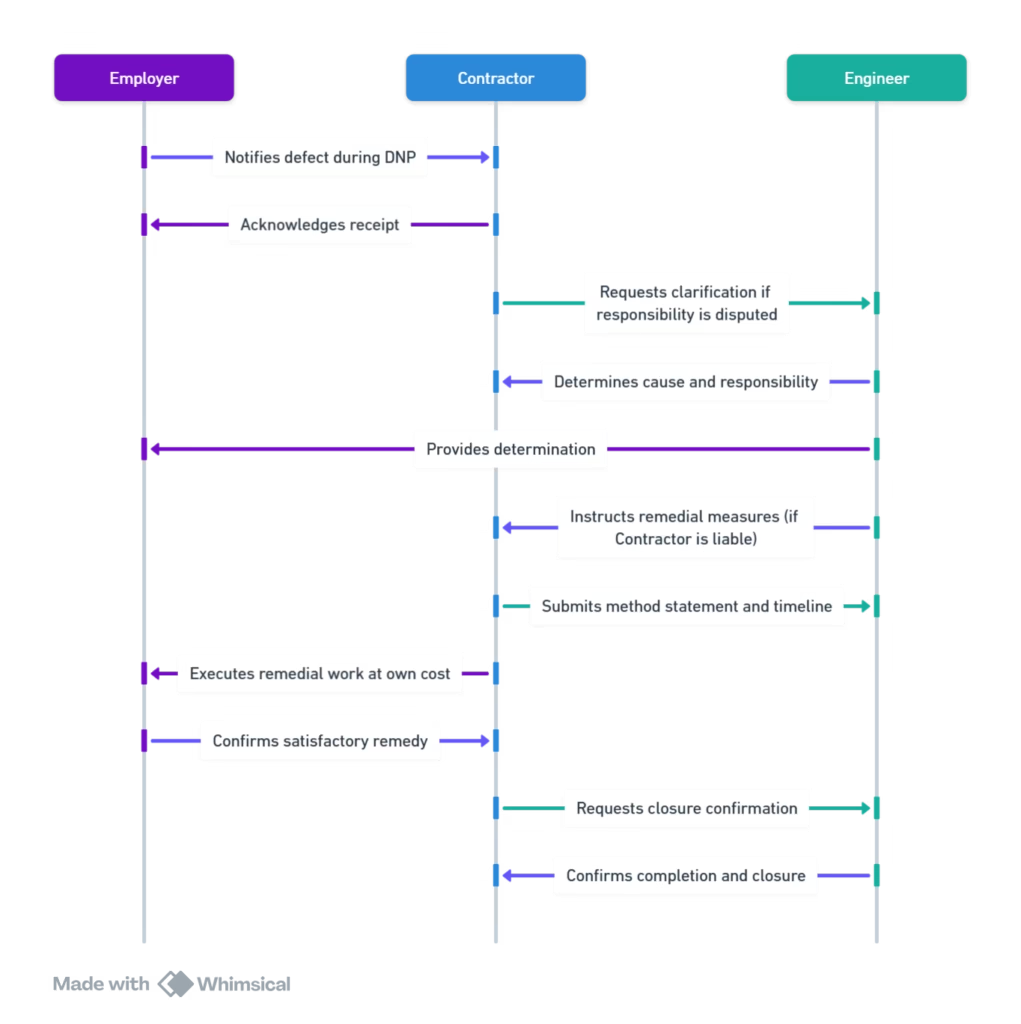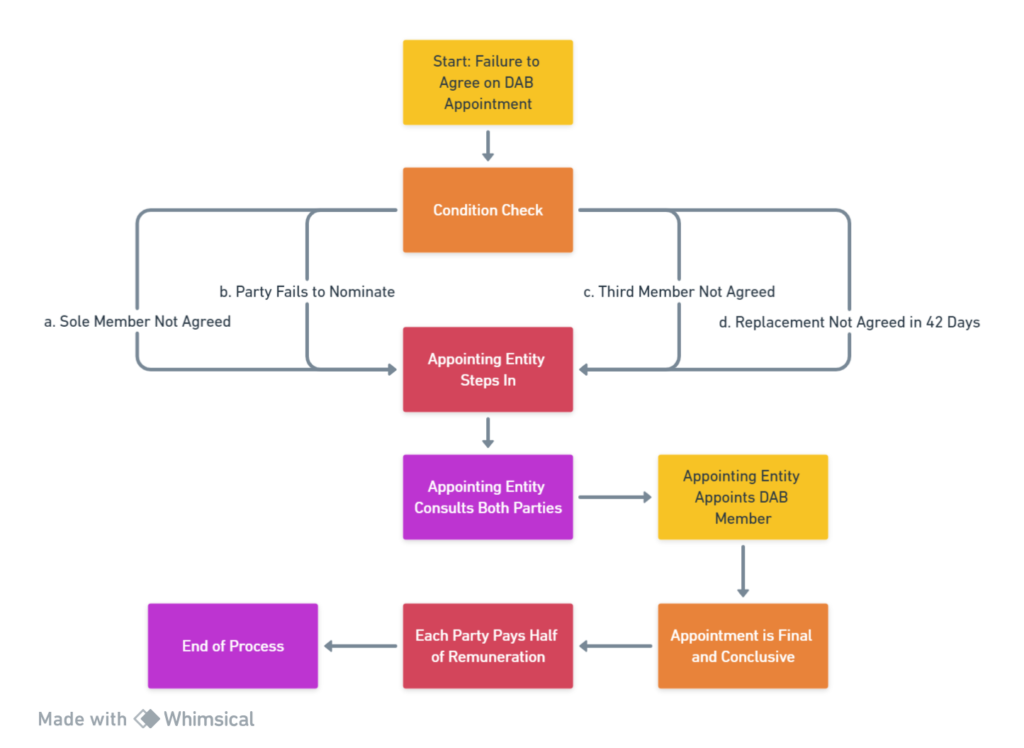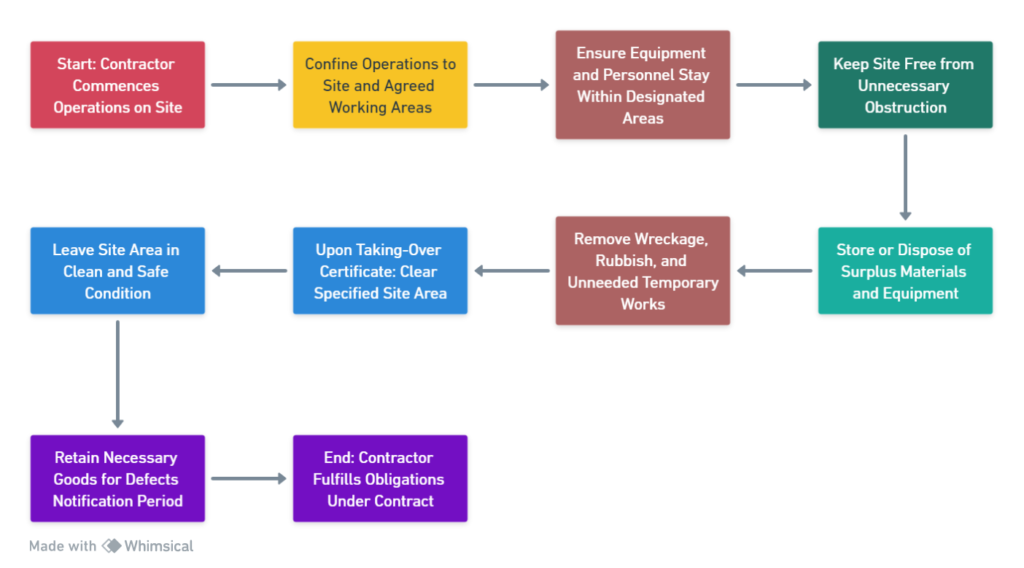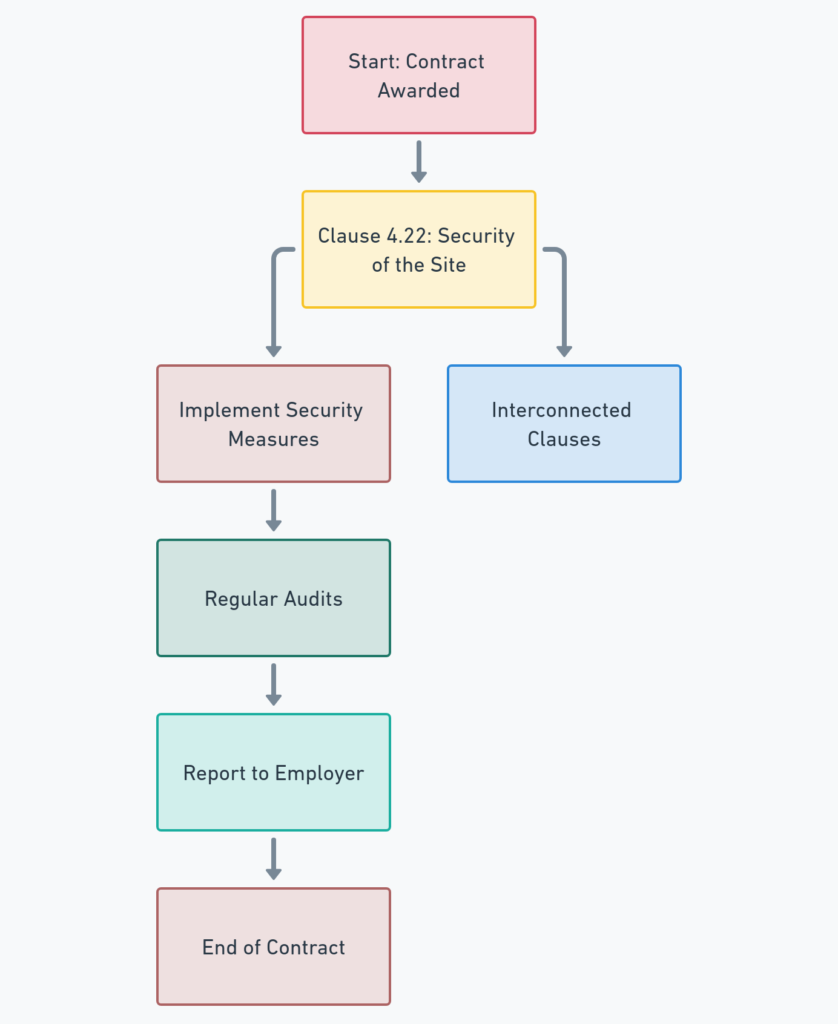Clause 15.3: Ensuring Fair Valuation in Contract Termination
Clause 15.3 ensures that, upon termination of the contract by the Employer, the Contractor is fairly compensated for the work done and materials provided up to that point. This clause safeguards the financial interests of the Contractor, ensuring they are not left uncompensated for their contributions if the contract is terminated.
Clause 15.3: Ensuring Fair Valuation in Contract Termination Read More »



![Sub-Clause 14.7 ["Payment"]](https://wisdomwaveshub.com/wp-content/uploads/2023/11/image-26-1024x729.png)

